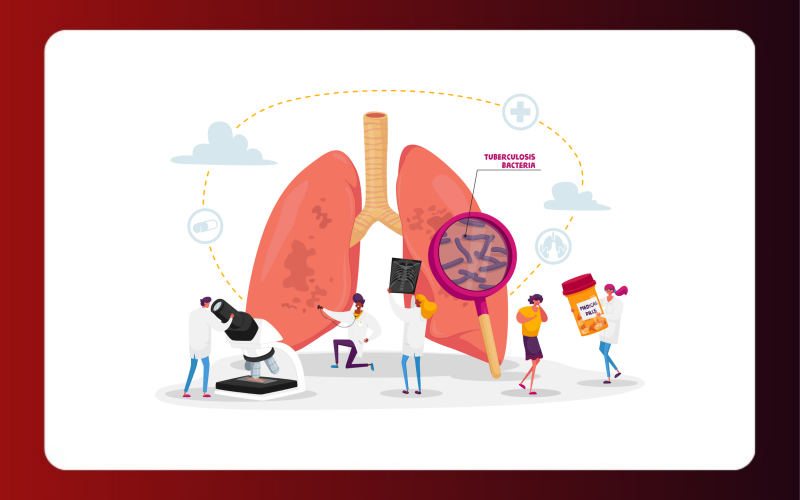Admission Enquiry

Respiratory healthcare is a specialized field within the broader spectrum of healthcare dedicated to the prevention, diagnosis, treatment, and management of disorders affecting the respiratory system. The respiratory system encompasses the airways, lungs, and associated structures responsible for the exchange of oxygen and carbon dioxide in the body. Respiratory healthcare professionals, including pulmonologists, respiratory therapists, and nurses, work collaboratively to address a wide range of respiratory conditions, from acute infections to chronic diseases and respiratory failure.
One of the primary functions of respiratory healthcare is to diagnose and manage respiratory conditions such as asthma, chronic obstructive pulmonary disease (COPD), pneumonia, bronchitis, tuberculosis, pulmonary fibrosis, and lung cancer. This involves conducting comprehensive evaluations, including medical history assessments, physical examinations, pulmonary function tests, imaging studies (such as chest X-rays and CT scans), and laboratory tests, to determine the underlying cause and severity of respiratory symptoms.
Treatment modalities in respiratory healthcare vary depending on the specific condition and may include medication therapy (such as bronchodilators, corticosteroids, antibiotics, and antiviral agents), oxygen therapy, pulmonary rehabilitation, smoking cessation programs, and surgical interventions (such as lung resection or transplant). Respiratory therapists play a crucial role in delivering respiratory care interventions, including oxygen administration, airway clearance techniques, mechanical ventilation, and patient education on disease management and self-care strategies.
Preventive care is also a key component of respiratory healthcare, focusing on reducing the risk factors associated with respiratory diseases and promoting lung health. This includes smoking cessation programs, immunizations (such as influenza and pneumococcal vaccines), environmental interventions to reduce exposure to air pollutants and allergens, and education on respiratory hygiene and infection control measures.
In addition to managing acute and chronic respiratory conditions, respiratory healthcare professionals also play a vital role in critical care settings, providing life-saving interventions for patients with respiratory failure, acute respiratory distress syndrome (ARDS), and other critical illnesses. This may involve mechanical ventilation, non-invasive ventilation, and other advanced respiratory support therapies to maintain adequate oxygenation and ventilation.
Respiratory healthcare is an evolving field that encompasses a broad range of specialties and disciplines, including pulmonology, critical care medicine, sleep medicine, and respiratory therapy. Advancements in technology, such as high-flow nasal cannula therapy, continuous positive airway pressure (CPAP) devices, and minimally invasive procedures, continue to improve the diagnosis and treatment of respiratory conditions, leading to better outcomes and quality of life for patients with respiratory disorders. Overall, respiratory healthcare plays a vital role in maintaining lung health, improving respiratory function, and enhancing the overall well-being of individuals across the lifespan.
Copyrights © 2024 NIILM UNIVERSITY. All rights reserved.